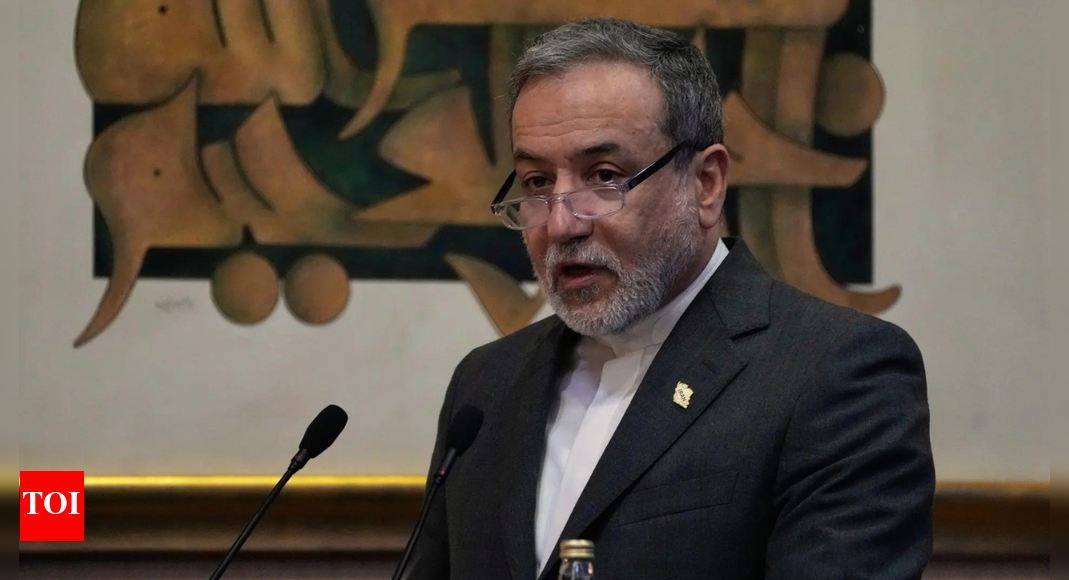Iran Denies Undeclared Nuclear Enrichment Amid US Strikes, Cites Facility Attacks & Reaffirms Nuclear Rights Despite Sanctions
 Iran
International Relations
Iran
International Relations

Iran denies undeclared uranium enrichment, attributing current cessation to US strikes. Foreign Minister Araghchi affirmed Iran's nuclear rights, despite UN san
Iran Rejects Uranium Enrichment Claims, Cites Facility Attacks and Asserts Nuclear Rights
Tehran has vehemently denied recent reports suggesting the continuation of uranium enrichment activities following June's US strikes on its nuclear sites. Iran's Foreign Minister, Abbas Araghchi, firmly rejected these allegations on Sunday, stating there was "no undeclared nuclear enrichment" taking place within the country's borders.
Araghchi clarified that while Iran maintains the right to peaceful nuclear technology, including enrichment, current enrichment activities are halted due to previous assaults on its facilities. He emphasized, "There is no enrichment right now because our enrichment facilities have been attacked." He further asserted that all of Iran's nuclear installations remain under the comprehensive safeguards and monitoring of the International Atomic Energy Agency (IAEA).
Unwavering Stance on Nuclear Rights
Addressing the prospect of continued negotiations with the United States, the Foreign Minister reiterated Iran's steadfast position. He declared, "Iran’s right for enrichment, for peaceful use of nuclear technology, including enrichment, is undeniable." Araghchi stressed that this is an inherent right that Iran will continue to exercise, expressing hope that the international community, including the United States, will acknowledge and respect this inalienable right, which Tehran will never relinquish.
Sanctions and Severed Ties with IAEA
This latest development comes after Iran severed ties with the IAEA last month. This decision followed Britain, France, and Germany's activation of the Joint Comprehensive Plan of Action (JCPOA)'s snapback mechanism. This action resulted in the reinstatement of extensive UN sanctions, which had initially been lifted under the 2015 nuclear accord.
According to Araghchi, the re-imposition of these penalties, coupled with escalating military tensions and what he termed "unreasonable demands" from Western powers, had fundamentally altered the conditions for ongoing monitoring as stipulated by the Cairo Agreement. The snapback sanctions have severely impacted Iran's economic and defense sectors, imposing broad restrictions, targeting specific individuals, companies, and institutions linked to nuclear or missile development, and prohibiting the supply of related equipment, expertise, or financial support.